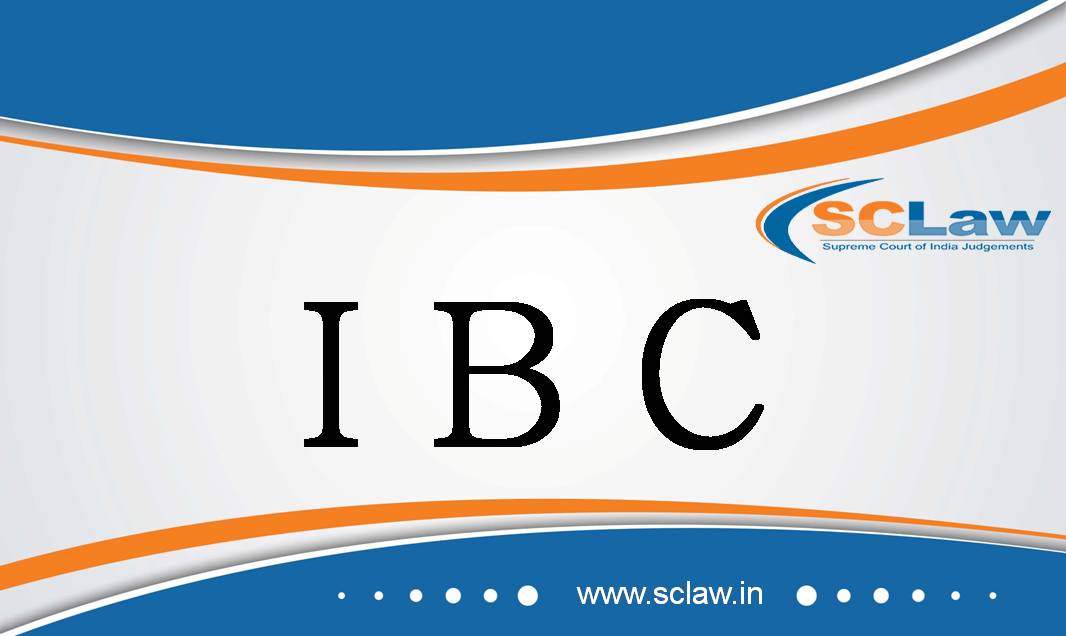For the monetary benefits accused-husband hatched a criminal conspiracy with other co-accused to kill his wife and tried to make out an accidental case – – looking to the seriousness of the offence and looking to the nature and gravity of the offence committed by accused-husband, the High Court ought not to have released accused-husband on bail – Appeal allowed.
SUPREME COURT OF INDIA DIVISION BENCH ISHWARJI NAGAJI MALI — Appellant Vs. STATE OF GUJARAT AND ANOTHER — Respondent ( Before : M.R. Shah and Sanjiv Khanna, JJ. ) Criminal…









